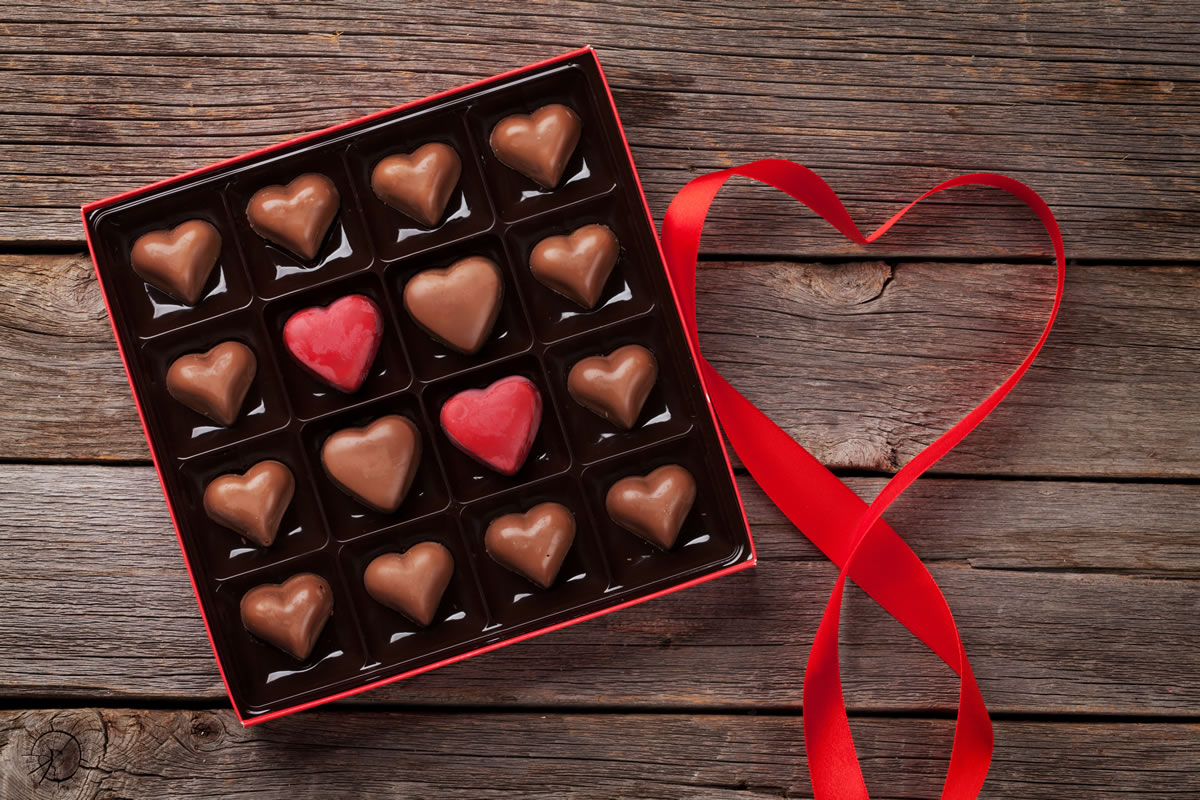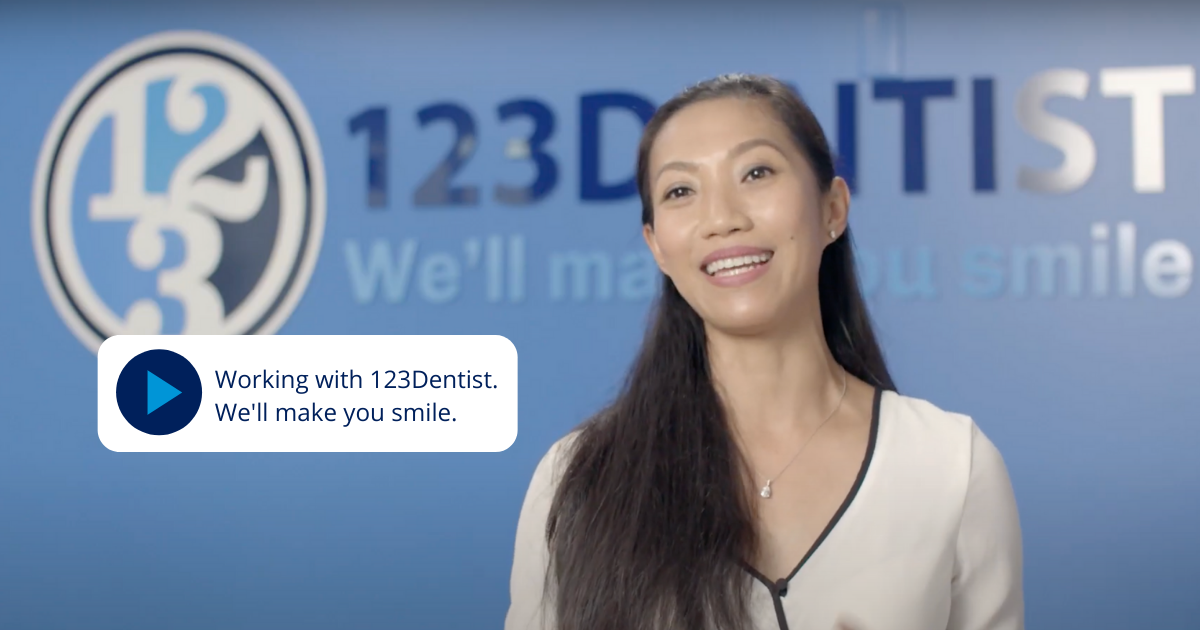Chocolate is a sweet treat that starts with roasted and ground cacao seeds. It’s then mixed with other ingredients, such as cocoa butter, milk, and sugar, to get the tasty product that we see on store shelves worldwide. But chocolate isn’t a modern invention, and it might not always be around. Take an in-depth look at chocolate to learn more about its past, effects on our health today, and what the future holds for this delicacy.
Past: Humans and Their Love for Chocolate
Human’s chocolate obsession began long ago. Nearly 4,000 years ago, pre-Olmec tribes in Central America first harvested cacao seeds and began growing and farming cacao trees. These people used chocolate mainly as a drink ingredient, and instead of sweetening it, they mixed in chili powder and other strong spices.
More recently, the Aztecs and Mayans believed that chocolate was a god-ordained discovery and a divine gift to mankind. They used cacao seeds over the years to:
- Heal: These early tribes used chocolate as a curative.
- Get drunk: These groups quickly discovered that chocolate was great for mixing into fermented beverages.
- Worship: The Olmecs used chocolate for religious purposes.
- Trade: The Aztecs and Mayans used cacao seeds as currency.
- Get in the mood: The Aztecs consumed chocolate both as an after-dinner treat and as an aphrodisiac.
Chocolate took its first step to being made how it’s enjoyed today when Europeans landed in the Americas. They sampled the native drinks and discovered that chocolate was more palatable for them when mixed with honey or sugar.
Present: How Chocolate Affects Our Health Today
Chocolate today is commonly used in food and drinks. However, it’s prepared much sweeter than how our ancestors mixed their chocolatey concoctions. Though there are a few health benefits associated with this sweet, it’s dangerous if overconsumed.
Health Benefits
Cocoa is a powerful antioxidant associated with lots of health benefits, such as protecting the nerves from injury and inflammation. Cocoa, before it’s mixed in with sugar and other problematic ingredients, is indeed very healthy and positively affects the immune system, cardiovascular system, and skin — topically applied, it can protect you from harmful UV rays.
Cocoa is also mood boosting. You’ll feel good after eating chocolate. However, it’s also an energy-dense food. This means that even before turning it into a candy, individuals who eat too much cocoa are at risk of gaining weight and experiencing the associated health issues.
Health Issues
Though chocolate is associated with some health benefits, it’s also got some risks. Candy bars with sweet or semisweet chocolate have a high sugar content, which is associated with problems like weight gain, heart disease, cavities and tooth decay, and diabetes. And even dark chocolate, which is a healthier option, contains a high amount of caffeine.
A moderate amount of caffeine is fine, but you usually get enough from your morning cup of coffee. If you indulge in dark chocolate (which has a higher content of cocoa solids), account for the sugar intake and the caffeine intake. Also try to avoid it within six hours of bedtime, as the caffeine can decrease your sleep quality and lead to a slew of other health complications.
Care for Your Teeth After Eating Chocolate
If you eat chocolate in moderation and follow normal teeth cleaning practices, you can avoid many of the detrimental oral effects associated with this dessert. If flossing isn’t part of your routine and you regularly eat chocolate, start flossing today. Use waxed floss if there’s not much space between your space, braided floss if you have some spacing, and unwaxed floss if you have normal spacing.
Another tip is to not brush your teeth immediately after eating chocolate. Instead, wait a minute — the chocolate has made your mouth acidic, so your teeth are particularly vulnerable. It’ll take about 30 minutes after eating chocolate for your mouth’s alkaline levels to reset. After that, you can brush your teeth without causing damage.
Finally, make sure you’re visiting your dentist routinely. Bi-annual visits have long been recommended, but if you’re a regular chocoholic, you should consider more appointments.
The Future: A World Without Chocolate?
Chocolate is so ubiquitous with human history, past and present, that it’s hard to imagine a world without this sweet. But it could happen — in fact, the world is presently running out of chocolate, with predictions of a shortage calculated as occurring as soon as 2020. Prices of chocolate are already rising and will continue to do so in the face of this shortage. Though prices for chocolate are still affordable in Canada and most parts of the world, this reality could change very soon.
Chocolate has an interesting history, and it plays a significant role — both good and bad — on human health today. If you enjoy this delicious treat, aim to snack in moderation and visit your dentist regularly.






